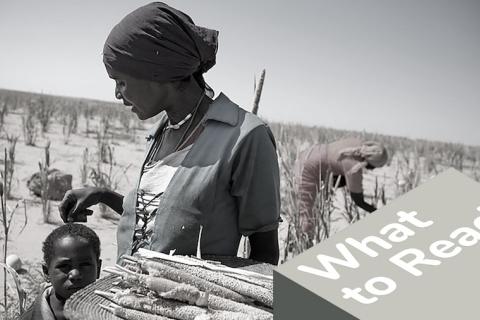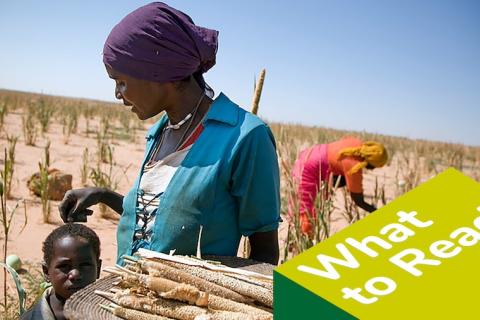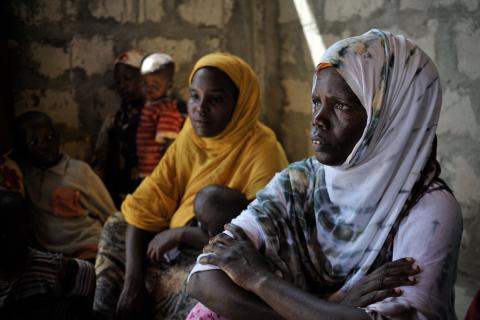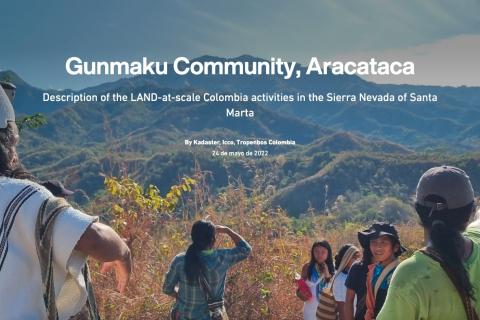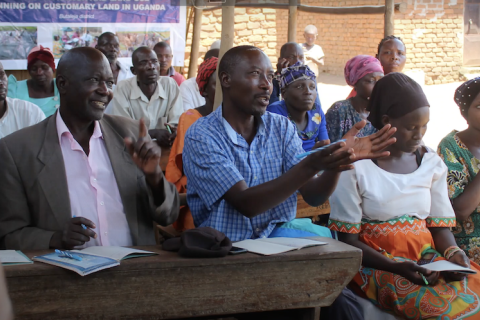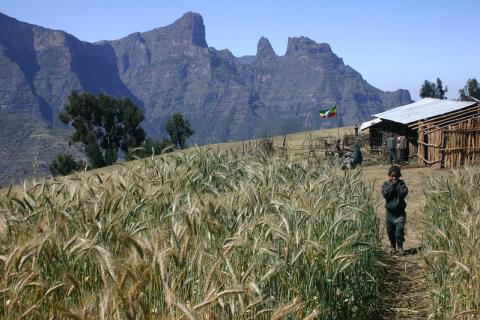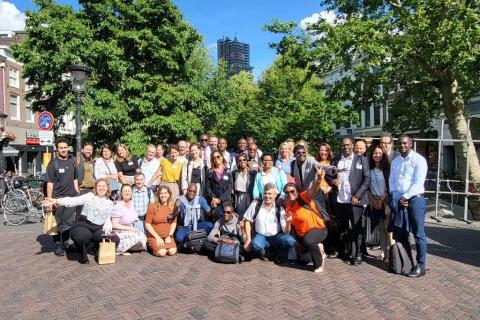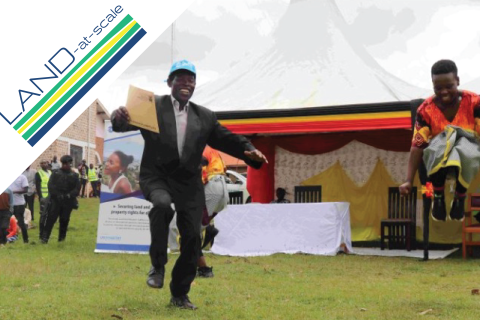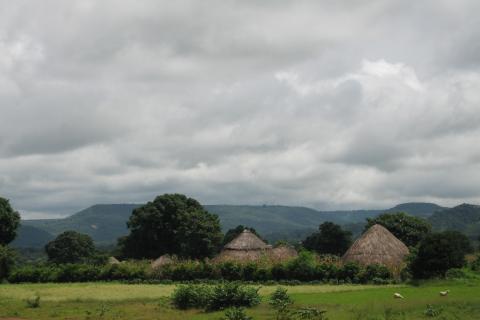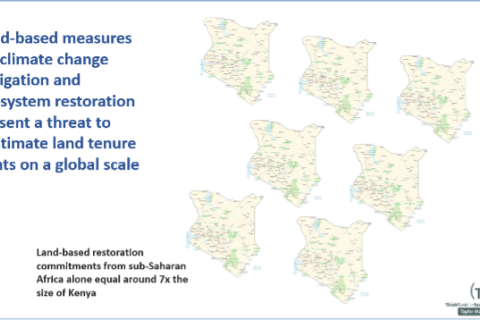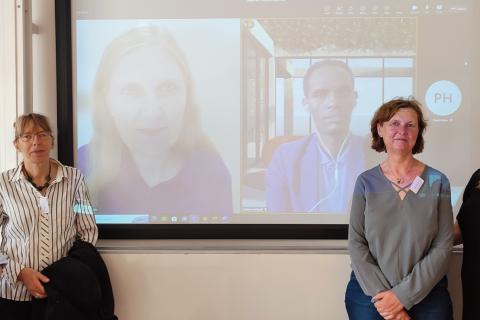Four articles on why women remain central to feed families and the world
In honor of International Women’s Day, this What to Read Digest offers a selection of some of the must-read publications for anyone wishing to understand the link between land, food security and women.
In the business of ‘doing’ – how gender is operationalized in land governance working with displaced communities in Somalia
The Saameynta Joint Programme is a project aimed at achieving durable solutions for internally displaced people in Somalia, which currently hosts 3.8 million IDPs. Land governance is at the center of this effort, understanding that tenure security is a fundamental piece of the puzzle to enable durable solutions.
Gunmaku Community, Aracataca
This data story has been originally published in May 2022, but updated in January 2024.
Webinar Recap: Building Climate Resilience through Inclusive Land Governance
On the opening day of #COP28, we hosted a webinar, “Building Climate Resilience through Inclusive Land Governance,” that delved into the crucial role which inclusive land governance plays in building climate resilience.
Promises and realities of land formalization in Africa
Has land formalization - as a type of land reform - delivered on the promises of improving tenure security, agricultural productivity and women's land access? Learn more in this data story.
Looking back at the LAND-at-scale Exchange 2023: Scaling as the way Forward
The second LAND-at-scale (LAS) exchange took place from June 26th to June 28th, 2023. Sixty partners came together in Utrecht, the Netherlands to exchange lessons learned and explore common challenges. As of 2023, ten country projects are currently being implemented under the LAS program, namely Burkina Faso, Burundi, Chad, Colombia, Mali, Mozambique, the Palestinian Territories, Somalia, Rwanda and Uganda. All countries were represented and almost all implementing partners were present at the Exchange.
The complexities of measuring the impact of land projects
This data story reflects on the complexities of measuring the impact of land governance projects and summarize some of the best practices on impact evaluation from the well-known guidelines on the topic.
What is land, and to whom? - The need for development practitioners to widen their views of land
Blogpost about the book “Power, Knowledge, Land – Contested Ontologies of Land and Its Governance in Africa” 2022 by Laura A. German. University of Michigan Press.
By Linda Engström, Researcher, Division of Rural Development, Swedish University of Agricultural Sciences, Sweden.
What is the book about?
Grabbing land to save the planet? Why we need to safeguard legitimate land tenure rights to stay within 1.5 Degrees and protect biodiversity
This session addressed the fact that the rights implications and the social and economic consequences of current climate change and biodiversity strategies in the context of the Rio Conventions for millions of people are not sufficiently acknowledged, researched, and addressed. The presenters and participants discussed the urgent need to have public, academic and policy debates about the impact of land-based climate and biodiversity strategies on poor communities and the development trajectories of rural economies.
Scaling bottom-up or community-based initiatives towards fair and inclusive land governance
This panel session reflected on the definition of ‘scaling-up’ with experts from the field bridging experiences from the ground to the theoretical concept of scaling. The focus lied on scaling for increased tenure security – geographically and/or institutionally. Reflections were given on what was scaled, why, how scaling unfolds and what has been learned – in the field of land governance. The session was organized by LAND-at-scale. Scaling is at the heart of both the name as well as the strategy of the LAND-at-scale program (LAS).


